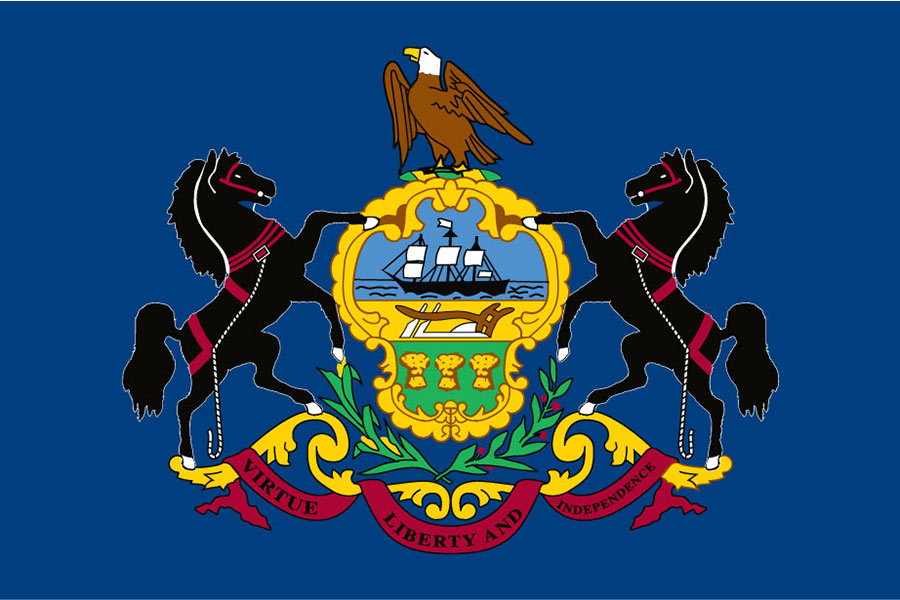Despite recent rulings by the U.S. Equal Employment Opportunity Commission that anti-LGBT workplace bias is a form of sex discrimination, it remains unclear whether the Pennsylvania Human Relations Commission will investigate LGBT-related workplace complaints.
In the past, the PHRC declined to investigate LGBT-related workplace complaints because Pennsylvania doesn’t have a statewide LGBT-inclusive antibias law, and anti-LGBT bias wasn’t considered to be sex discrimination.
But Pennsylvania has statewide prohibitions against sex discrimination. And now that the EEOC considers anti-LGBT bias to be a form of sex discrimination, some advocates are urging the PHRC to investigate LGBT-related workplace complaints.
Though the EEOC’s rulings aren’t binding on the courts, they’re viewed as persuasive and could help pave the way for a national ban on anti-LGBT workplace bias.
This week, Joseph Olivares, an EEOC spokesperson, said state fair-employment practices agencies without explicit LGBT coverage have been told to forward “LGBT charges” to the EEOC.
By presstime, Olivares didn’t say whether state agencies were told to forward LGBT-related workplace complaints to the EEOC if the basis for the complaints is alleged sex discrimination.
In Pennsylvania, some LGBT complainants may prefer a PHRC investigation in order to retain the option of pursuing remedies in state court. State courts often are closer to litigants, less expensive and have LGBT-sensitive jurors if located near large urban centers.
Also, an LGBT complainant may cite additional bias factors not recognized by the EEOC — but recognized by the PHRC — such as “use of guide dog or support animal.”
This week, PHRC spokesperson Christina Reese said the PHRC is abiding by the EEOC’s guidance, without elaborating.
By presstime, Reese didn’t respond to a question as to whether the PHRC would investigate an LGBT-related workplace complaint if requested to do so by a complainant.
Thomas W. Ude Jr., legal and public policy director at Mazzoni Center, urged the PHRC to investigate LGBT-related workplace complaints if requested to do so by a complainant.
“Pennsylvania’s courts, and the PHRC, have often looked to interpretations of federal antidiscrimination laws for guidance,” Ude told PGN. “While there is no question of the importance of and need for explicit protections, now is not the time for the PHRC to choose to depart from its time-honored practice. The EEOC’s interpretations make sense, and their logic applies with equal force to all prohibitions against discrimination because of sex.”

